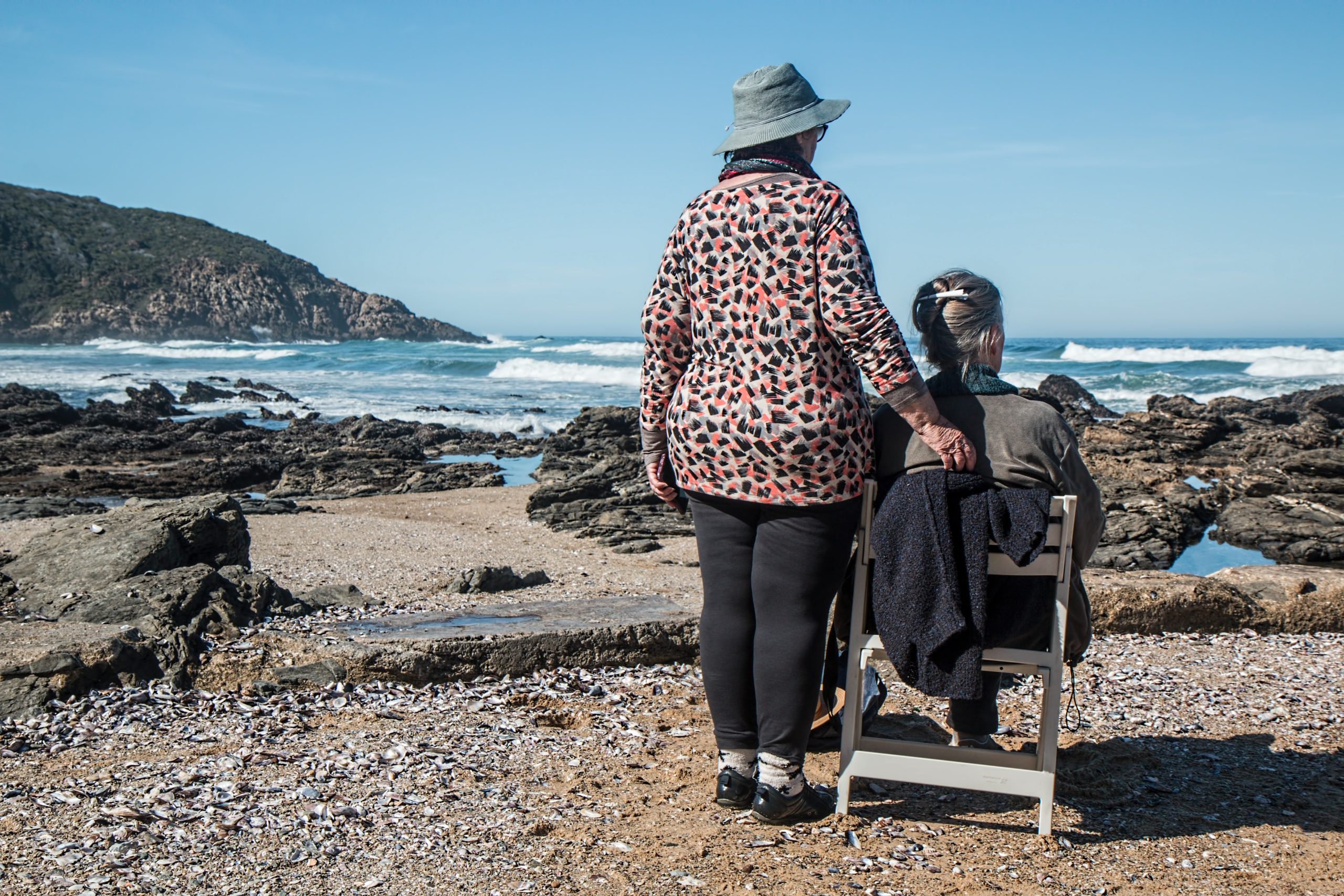The Surprising Benefits of Making Friends Later in Life

The image is not directly related to the article. It merely symbolizes the life of elderly people.
The Surprising Benefits of Making Friends Later in Life
Why is it important to make friends later in life?
Is it harder to make friends later in life?
While it may seem more difficult to make friends later in life due to social circles being more established, studies have shown that older adults tend to prioritize quality over quantity in their friendships. This can lead to more meaningful and fulfilling relationships.
How can I make friends later in life?
Joining clubs or groups that align with your interests, volunteering, taking classes, and attending social events are all great ways to meet new people and potentially make lasting friendships. It’s also important to be open to new experiences and take the initiative to reach out to others.
What are some benefits of having friends later in life?
Having friends later in life can provide a sense of belonging, increase feelings of happiness and well-being, and even improve physical health by reducing the risk of chronic diseases. It can also lead to new opportunities for personal growth and fulfillment.
Can making friends later in life improve cognitive function?
Yes, studies have shown that social engagement and having a strong support network can improve cognitive function and reduce the risk of cognitive decline in older adults.
Making friends is often associated with childhood and young adulthood, but it’s never too late to form new connections and build meaningful relationships. In fact, there are numerous benefits to making friends later in life that can enhance overall well-being and quality of life.
The Importance of Making Friends Later in Life
Loneliness and social isolation can be major issues for older adults, with research showing that around one-third of adults aged 50 and older report feeling lonely. Making friends later in life can help combat these feelings and provide a sense of belonging and social support. It can also reduce stress and improve overall mental health, which is especially important as individuals age and face new challenges like retirement or the loss of a spouse.
Making Friends Later in Life: Quality Over Quantity
While it may seem more difficult to make friends later in life due to established social circles, studies have shown that older adults tend to prioritize quality over quantity in their friendships. This can lead to more meaningful and fulfilling relationships that provide a sense of purpose and support during times of transition.
Tips for Making Friends Later in Life
Joining clubs or groups that align with your interests, volunteering, taking classes, and attending social events are all great ways to meet new people and potentially make lasting friendships. It’s also important to be open to new experiences and take the initiative to reach out to others.
The Benefits of Having Friends Later in Life
Having friends later in life can provide a sense of belonging, increase feelings of happiness and well-being, and even improve physical health by reducing the risk of chronic diseases. It can also lead to new opportunities for personal growth and fulfillment.
The Cognitive Benefits of Social Engagement
Studies have shown that social engagement and having a strong support network can improve cognitive function and reduce the risk of cognitive decline in older adults. Therefore, making friends later in life not only provides emotional and social benefits, but can also help maintain cognitive function and overall brain health.
In conclusion, making friends later in life can have numerous benefits and is never too late to start forming new connections and building meaningful relationships. By prioritizing quality over quantity and being open to new experiences, older adults can reap the rewards of social engagement and enjoy a happier and healthier life.
The image is not directly related to the article. It merely symbolizes the life of elderly people. The Surprising Benefits of Making Friends Later in Life Why is it important to make friends later in life? Making friends later in life can help combat loneliness, reduce stress, and improve overall mental health. It can also…
Recent Posts
- Empowering Caregivers: The Best Online and Offline Resources to Enhance Your Skills
- Traveling with a Purpose: The Rise of Volunteer Vacations
- Breaking Stigma: Dispelling Myths about Mobility Aids and Disability
- Avoiding Probate: How Trusts Can Simplify the Estate Settlement Process
- Senior Citizens Beware: Common Financial Scams and How to Stay Protected

